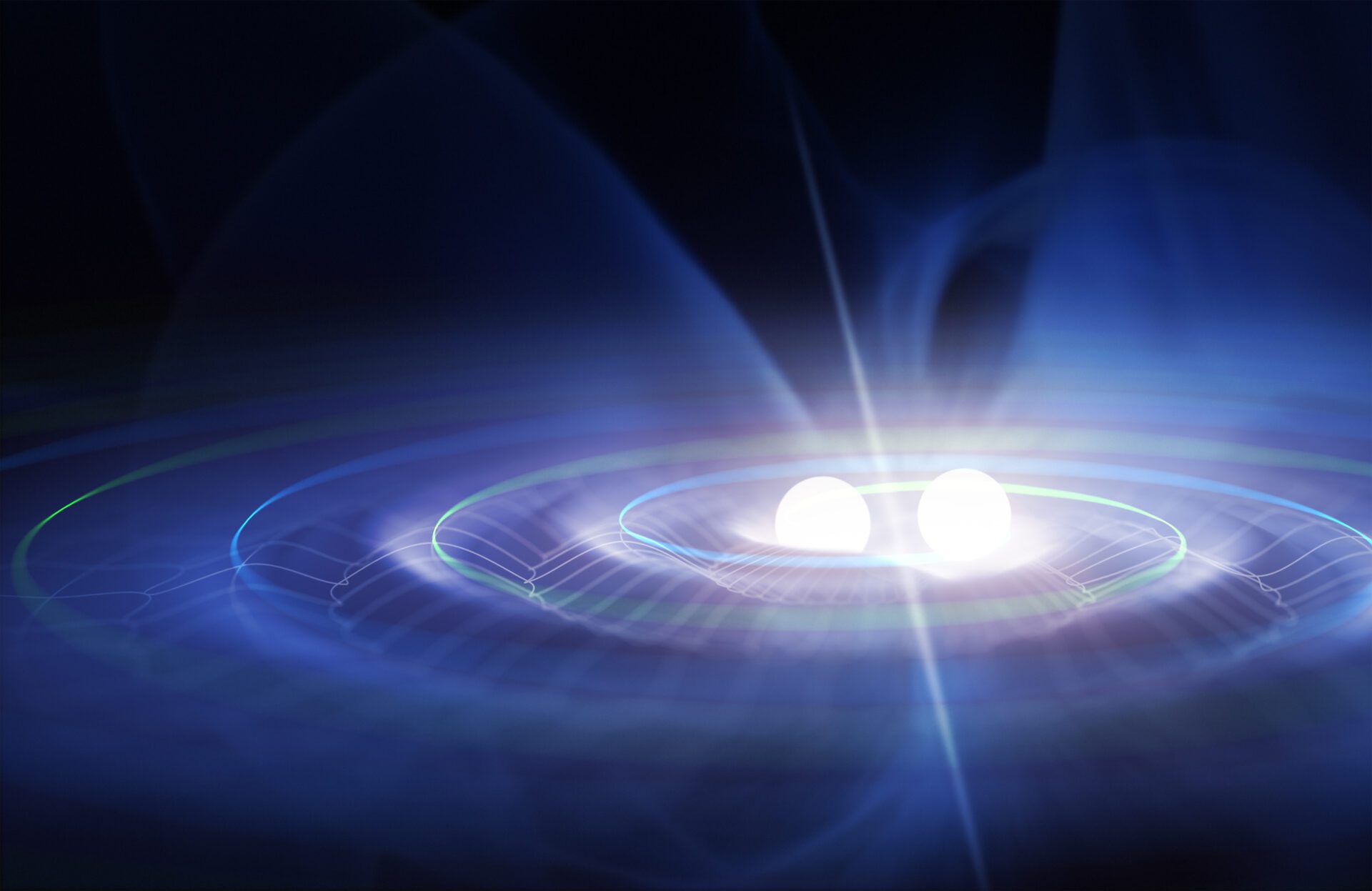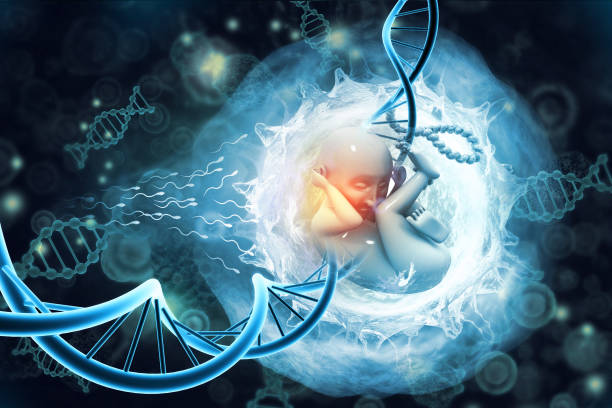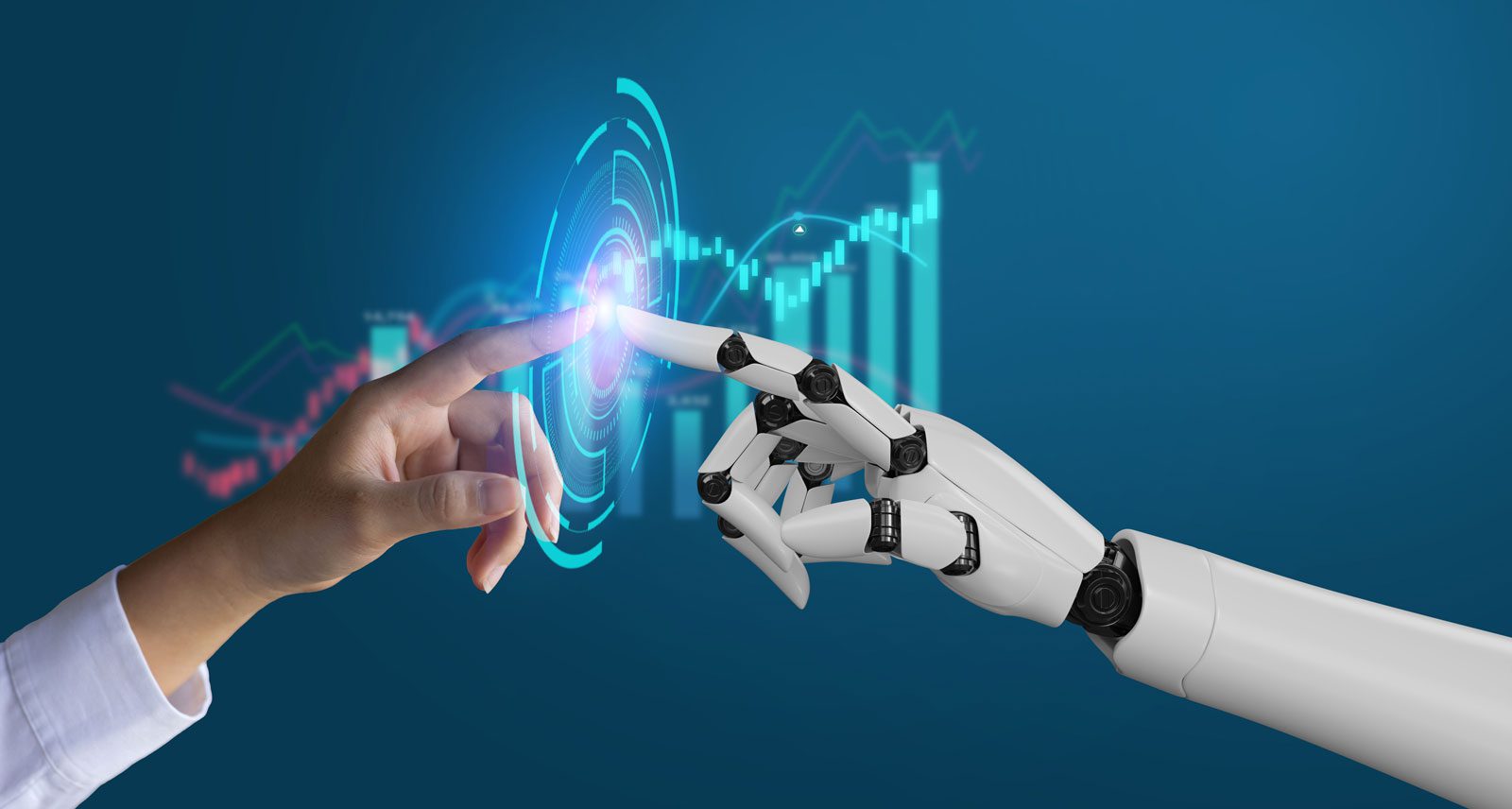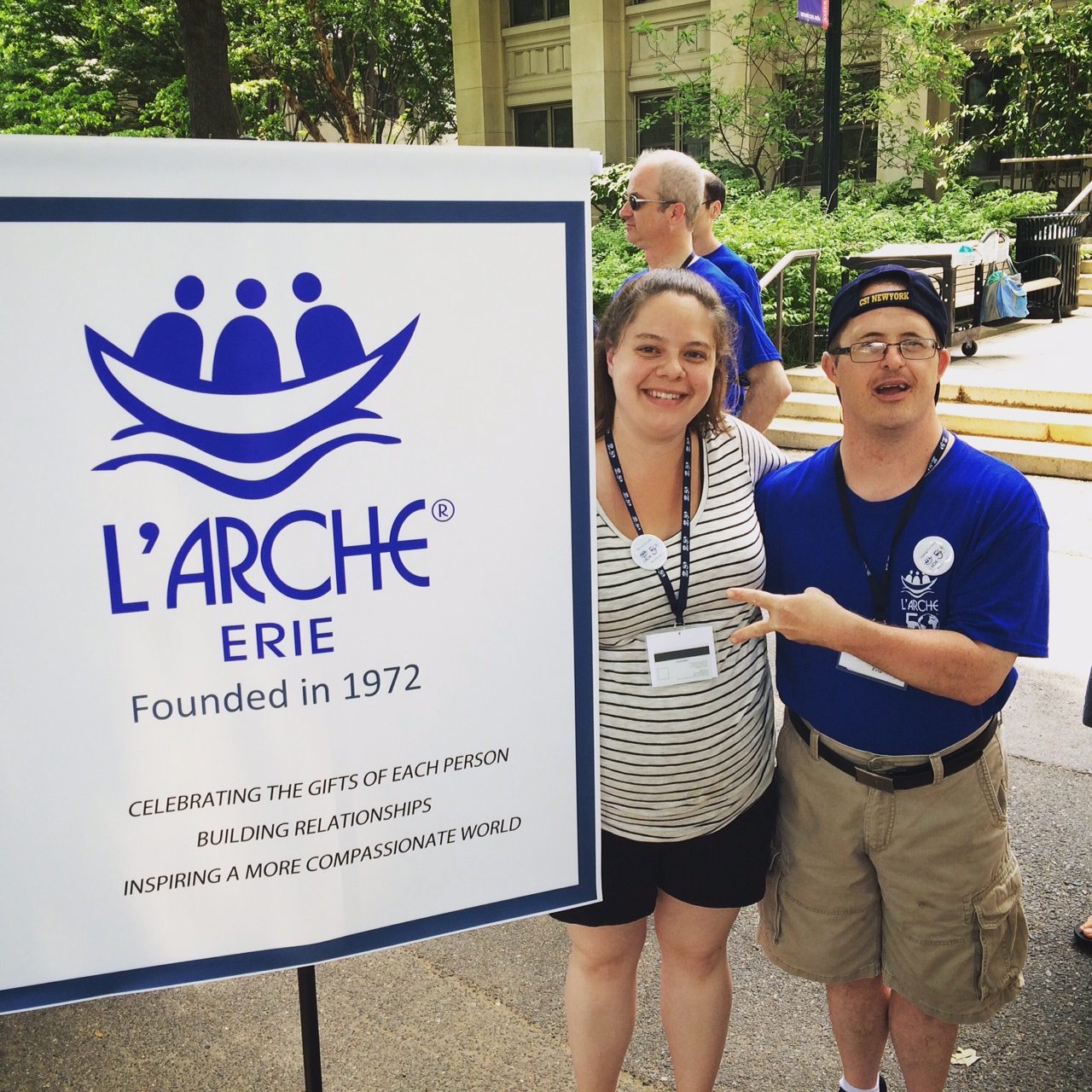Possible Preaching Themes
Possible Scientific Resources
- The importance of empathy in spiritual growth: Mary and Elizabeth learn their roles in the story of salvation through sharing in each other’s fears and joys.
- Mother-child bonds formed during pregnancy includes a two-way sharing of cells: the fetus shares cells with the mother, as well. Christ’s incarnation brings healing to humanity through a divine-human exchange.
- Empathy as Theory of Mind: https://www.youtube.com/watch?v=vmFLeEgMz3c
- “Scientists Discover Children’s Cells Living in Mothers’ Brains”: https://www.scientificamerican.com/article/scientists-discover-childrens-cells-living-in-mothers-brain/
- “Male Microchimerism in the Human Female Brain” (a more detailed and scientific article than the Scientific American article above) https://journals.plos.org/plosone/article?id=10.1371/journal.pone.0045592
Homily Outline Combining Resources
Connection between mother and child in-utero
- It is no secret that a special connection often forms between a pregnant mother and her child:
- From her body is taken nourishment, matter, and the elements necessary for life
- The sound of the mother’s voice, the rhythmic thumping of her heartbeat, the feeling of her breathing all bring comfort to her baby
- This bond carries on after birth: nourishment is provided through breastfeeding, soothing and comfort come through the sound of the mother’s voice, the rhythm of her heartbeat, and the familiar warmth of her touch
- But did you know that this sharing in life is two-way?
- Cells with male DNA (that is, containing a Y chromosome) are commonly found in the blood of females who have given birth to a male child. This also occurs with female children, but since those cells do not contain a Y chromosome, they aren’t detected in chromosomal exams.
- This condition is known as “Microchimerism” and occurs due to a two-way sharing of cells across the placenta during pregnancy.
- Cells from an older sibling circulating in the mother’s blood can even be passed on to a younger sibling!
- Microchimerism may go even deeper than blood, though:
- A 2012 study found cells with male DNA in many regions of the brains of mothers who had given birth to male children
- These cells were, in some cases, decades-old and had markers which indicated that they came from in-utero children
- These cells aren’t simply present; they have surprising functionality
- One study of fetal microchimerism in rats found that the child’s cells worked similar to stem cells, repairing damaged tissue in a mother rat’s heart (https://www.ahajournals.org/doi/10.1161/CIRCRESAHA.111.249037)
- Other studies have shown that fetal microchimeric cells became nerve cells in the mother’s brain
- These cells may also prime the mother’s immune system to be on the lookout for cancer: significantly lower rates of microchimeric cells were found in the blood of women diagnosed with breast cancer
- The interconnectedness between mother and child is more than just a neat fact of biology: the child gives to the mother in a way which benefits the mother’s life!
On this fourth Sunday of Advent, we wait with Mary for the birth of her son.
- She has traveled to be with Elizabeth, her relative, who is aged and also pregnant.
- What was she feeling, being a young, betrothed but not yet married woman in a time when pregnancy was quite dangerous?
- She was told not to be afraid, and clued in by the Archangel Gabriel that this one was special, to be “great and will be called son of the Most High” (Luke 1:30), but was she ready to let go of fear?
- Elizabeth helps Mary come to terms with the blessings of her mission: “Most blessed are you among women and blessed is the fruit of your womb!” (Luke 1:42) John leaps for joy, indicating that there is something significant here—joys which extend beyond Mary and her child.
Mary is blessed by the birth of her son—but so are all human beings.
- Just as a mother and child share a mutual benefit through exchange, so we also receive from Christ’s incarnation
- Jesus receives humanity, we receive divinity. According to St. Athanasius: “For the Son of God became man so that we might become God.” (Catechism of the Catholic Church, n. 460 https://www.vatican.va/archive/ENG0015/__P1J.HTM )
- Jesus’ incarnation provides us the “Divine microchimeric cells” which heal our bodies, minds, and souls.
- It was not enough for Jesus to just be born a human to save us. God wanted so much more for us than a mere undoing of sin, a return to a Garden of Eden. God desired a deeper relationship with us—to give us the ability to be divine through the gift of grace.
- Elizabeth rejoices, realizing that Mary’s blessedness extends to us all. We, too, rejoice at the gift of this Divine exchange.
So what does this mean for us today?
- Are we aware of the gift of grace we have been given through Christ’s incarnation?
- Our Baptism, Confirmation, and reception of the Sacraments intensify this grace within us. But is it just for us?
- We can truly become God-like: to bless others as we have been blessed, to love others with the love of God given to us. To laugh with those who laugh, weep with those who mourn, care for the sick, the hungry, the downtrodden. To visit the imprisoned, welcome the immigrant, and instruct the ignorant—just as Jesus did.
- If it wasn’t enough for Jesus to simply restore us to a “good enough” state of salvation, it’s not enough for us to just count ourselves as saved and await our reward of Heaven. In the divine exchange, through God’s grace, we have become Godly. Will others recognize this in us, as Elizabeth recognized it in Mary?
Related Homily Outlines
Couldn’t find what you’re looking for?
Try searching with another filter

Preaching with Sciences

Edward Foley, Capuchin
Duns Scotus Professor Emeritus of Spirituality
Professor of Liturgy and Music (retired)
Catholic Theological Union
Vice-Postulator, Cause of Blessed Solanus










